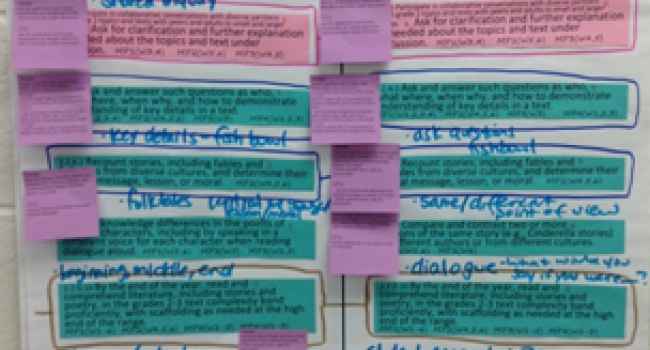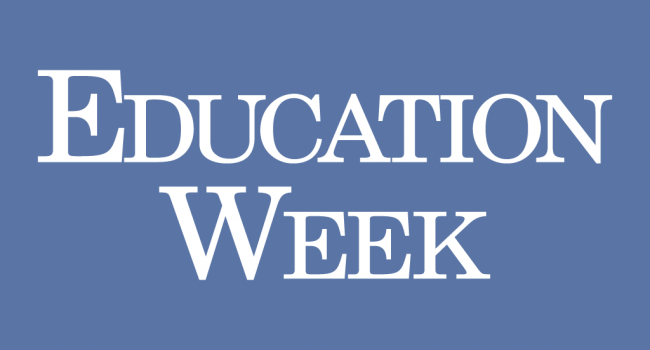This blog post written by guest blogger Ayanna Cooper features four recommended steps for administrators to strengthen their English language programs in the greater context of more rigorous academic standards.
In this post, I’ll first share some highlights of the Californians Together Common Core advocacy toolkit, and then I’ll leave you with my takeaways.
Advocating for English Learners: A Guide for Educators (Corwin 2013) includes topics such as advocacy through collaboration, instruction, assessment, and family engagement, as well as ideas for administrators.
In a speech given to the Association for a Better New York today, American Federation of Teachers’ President Randi Weingarten called for a moratorium on all “stakes” associated with the CCSS assessments.
This has been an interesting couple of weeks in terms of implementing the Common Core with ELLs – an issue that is getting some much needed attention in broader education circles.
Here are some questions to consider in your planning around professional development focused on academic language.
This blog post will provide you with key strategies and ideas on how to continue conversations about the implementation of Common Core and implications for educating ELs.
This blog post focuses on ELL considerations that are important for schools and districts to address in planning their assessments, including accommodations on CCSS content assessments and aspects of computer-based assessment might prove to be especially challenging for ELLs. It also recommends some resources to support ELLs’ success in computer-based testing.
This blog post is the second in a three-part series about the steps one elementary school took to increase collaboration between ESOL teachers and content teachers in order to better meet the language needs of ELLs in their school during the imple
Are local districts and schools preparing ESL teachers for the common standards and the more demanding uses of language that they require of students? If so, how?










